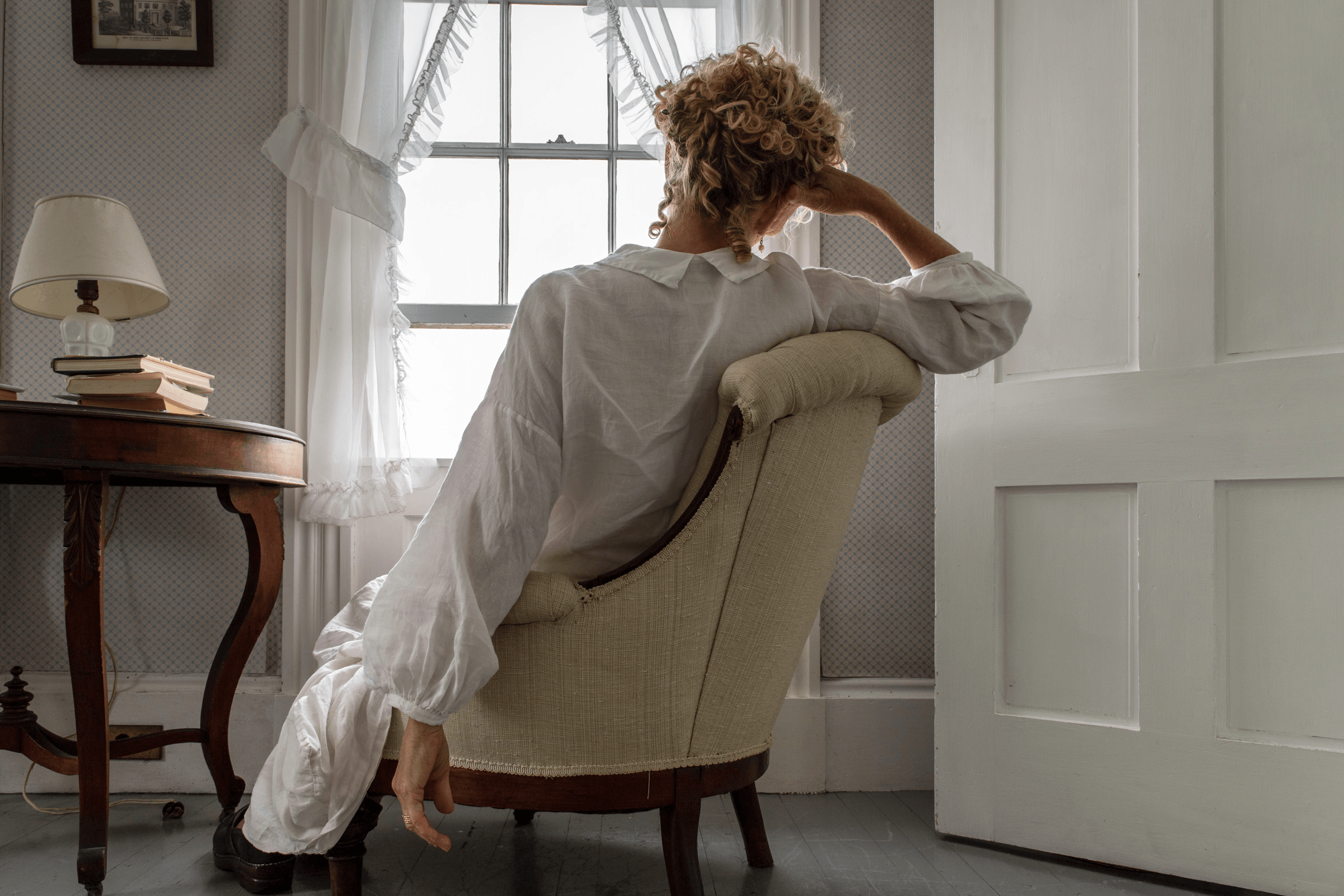We were lucky to catch up with Leslie Lyman recently and have shared our conversation below.
Leslie, thanks for taking the time to share your stories with us today If you could go back in time do you wish you had started your creative career sooner or later?
I spent decades of my younger life circling around my own creativity. There were persistent voices in my head telling me I wasn’t talented or creative and yet every job I had or personal thing I did (from organizing a board meeting to decorating a room) was insistently aesthetic. It took years and years to begin to dabble in classes and claim my interest, and even more years to prioritize the time and space in my life and the life of my family. I regret that I wasn’t more self directed and assertive. The notion that women need to be selfless mothers, works so well for maintaining our patriarchal structure, it annoys me that I fell prey to those societal pressures, but better late than never.
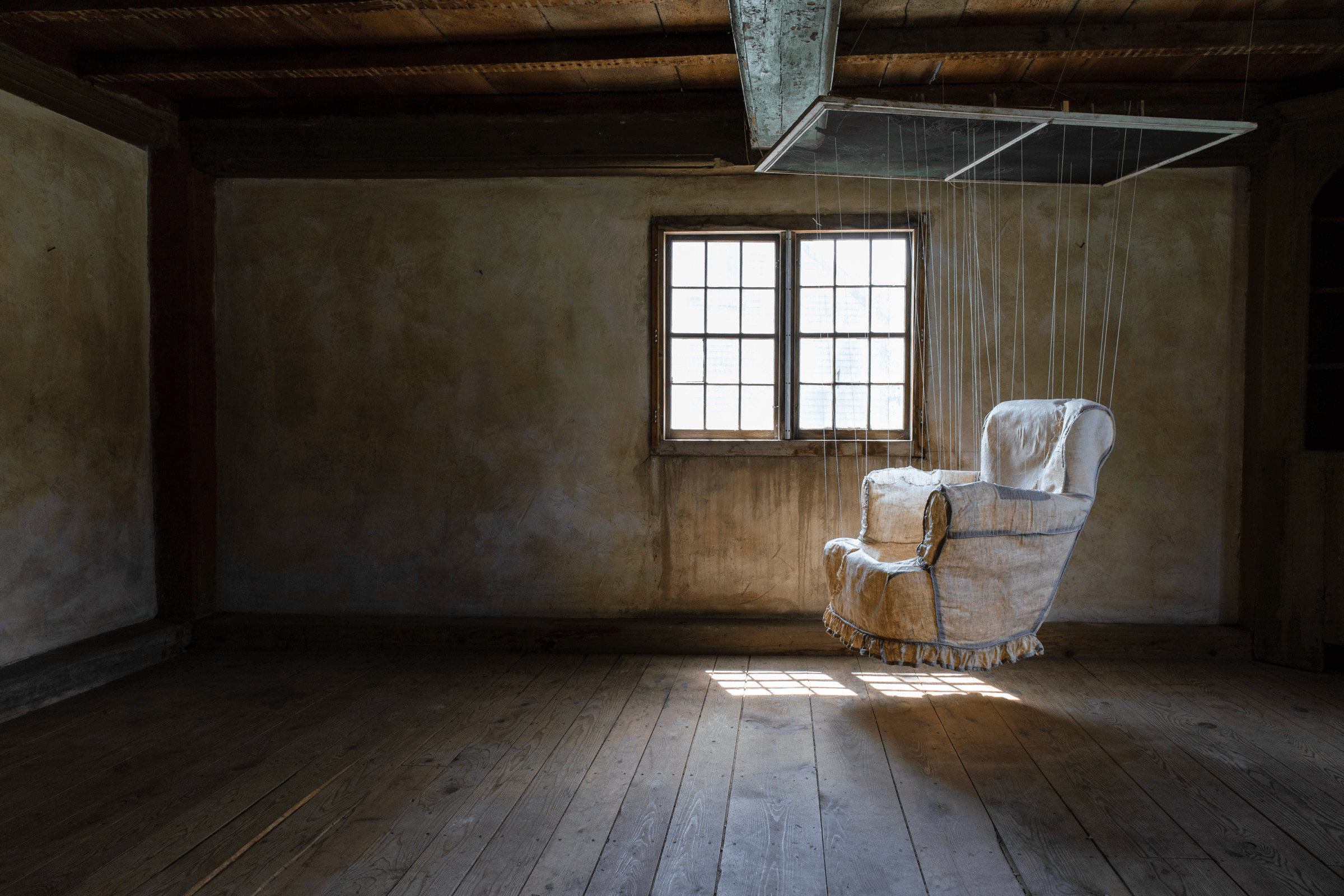
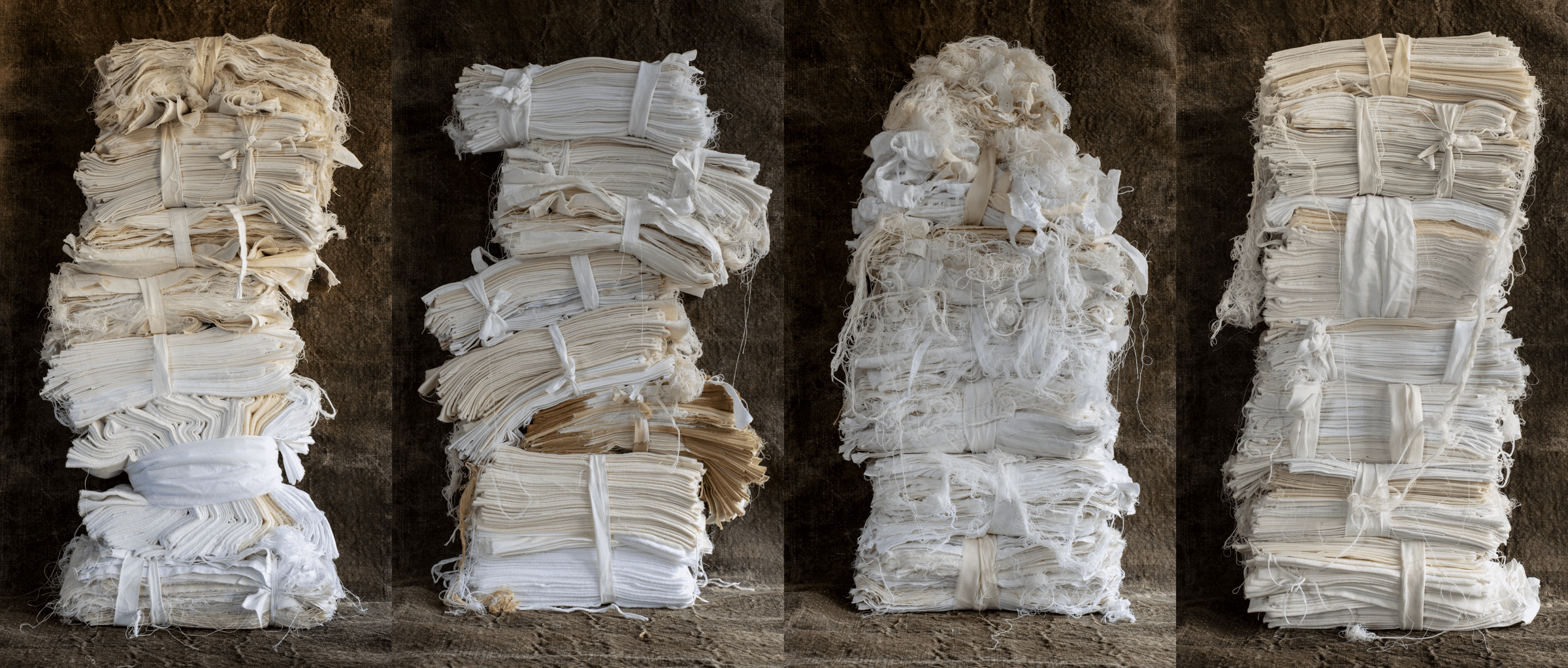
As always, we appreciate you sharing your insights and we’ve got a few more questions for you, but before we get to all of that can you take a minute to introduce yourself and give our readers some of your back background and context?
I am an artist interested in the lives of women over a continuum of time. I look at and think about the everyday work of women – their emotional labor, their physical labor and their resilience over time and through tribulations. As a photographer I create still lifes that use old objects – carrying meaning and memory – to reference both time and tasks. I am perpetually interested in wear and repair – both literally and figuratively. I also create installation work and small sculpture work in old spaces – my photography lets me capture this work and extend its life. Always, there is a conversation between memory, work and women. Marks are left on places and objects that give voice to the lives of numerous women who have come before.
The generational work of caregiving and caretaking, of seeing and doing because there is need, persistently falls to women. Calling attention to this essential, daily, small, steady, loving, menial, necessary work, and its perpetual importance, is critical to my work.
I find much beauty in the everyday. My focus is often drawn to small exquisite moments that say more than they might seem. For example, a baptismal gown that is old and stained often represents generations of a family and the faith, hope and love they held. How has this been saved for so long, who cared for it, what has its journey been to get to me? Capturing it poses its own challenges of imposed emotion, focus, memory and perceived importance.
And finally, the Past Kept is an important notion for me. Acknowledging the wisdom of the female lives that have come before us requires us to pay attention and to excavate the small bits of material culture, stories, traditions, norms and customs that have been left behind. For much of civilization, women’s stories have gone unrecorded our history lies other places – attention to details is one way to help us to reclaim our past.
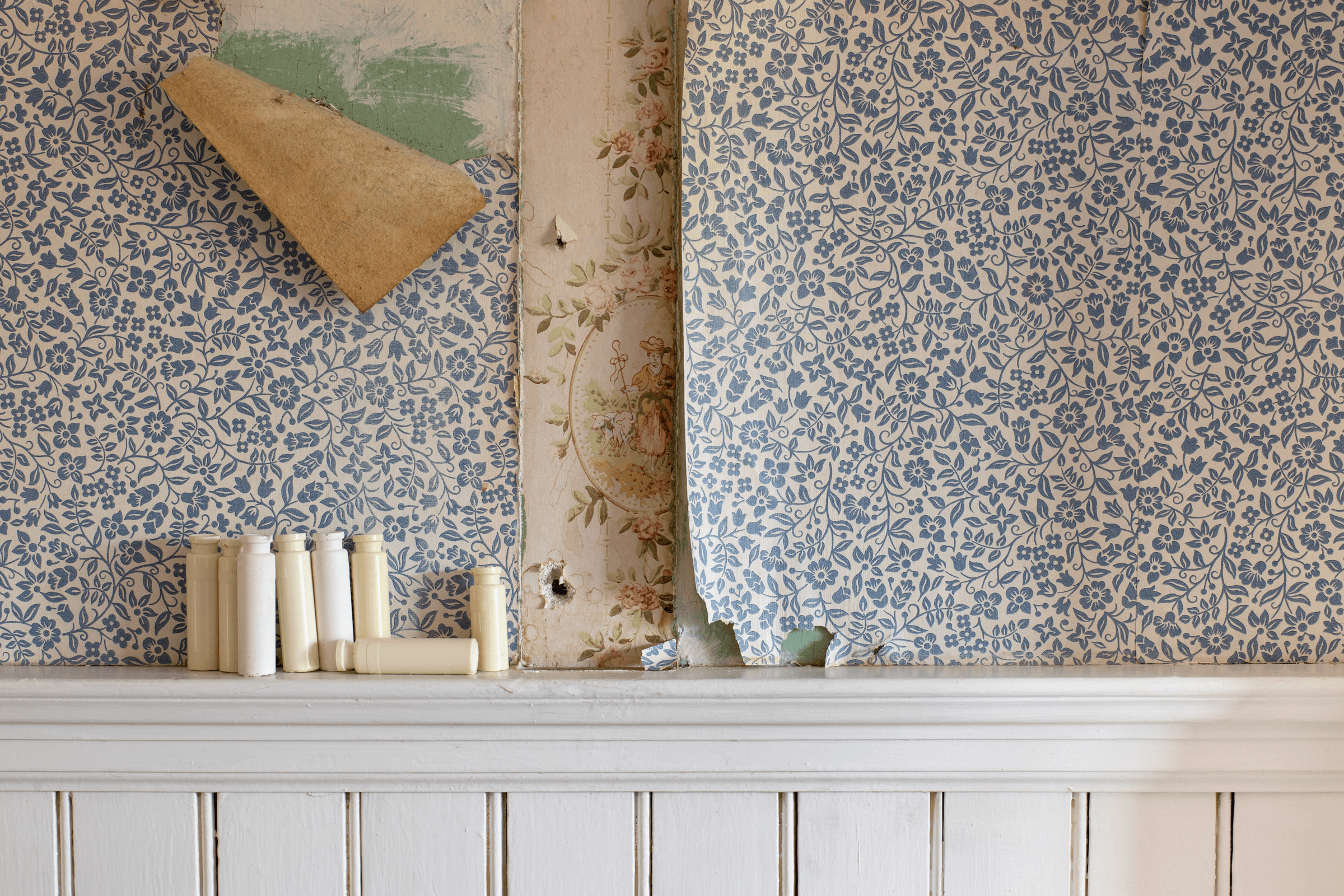
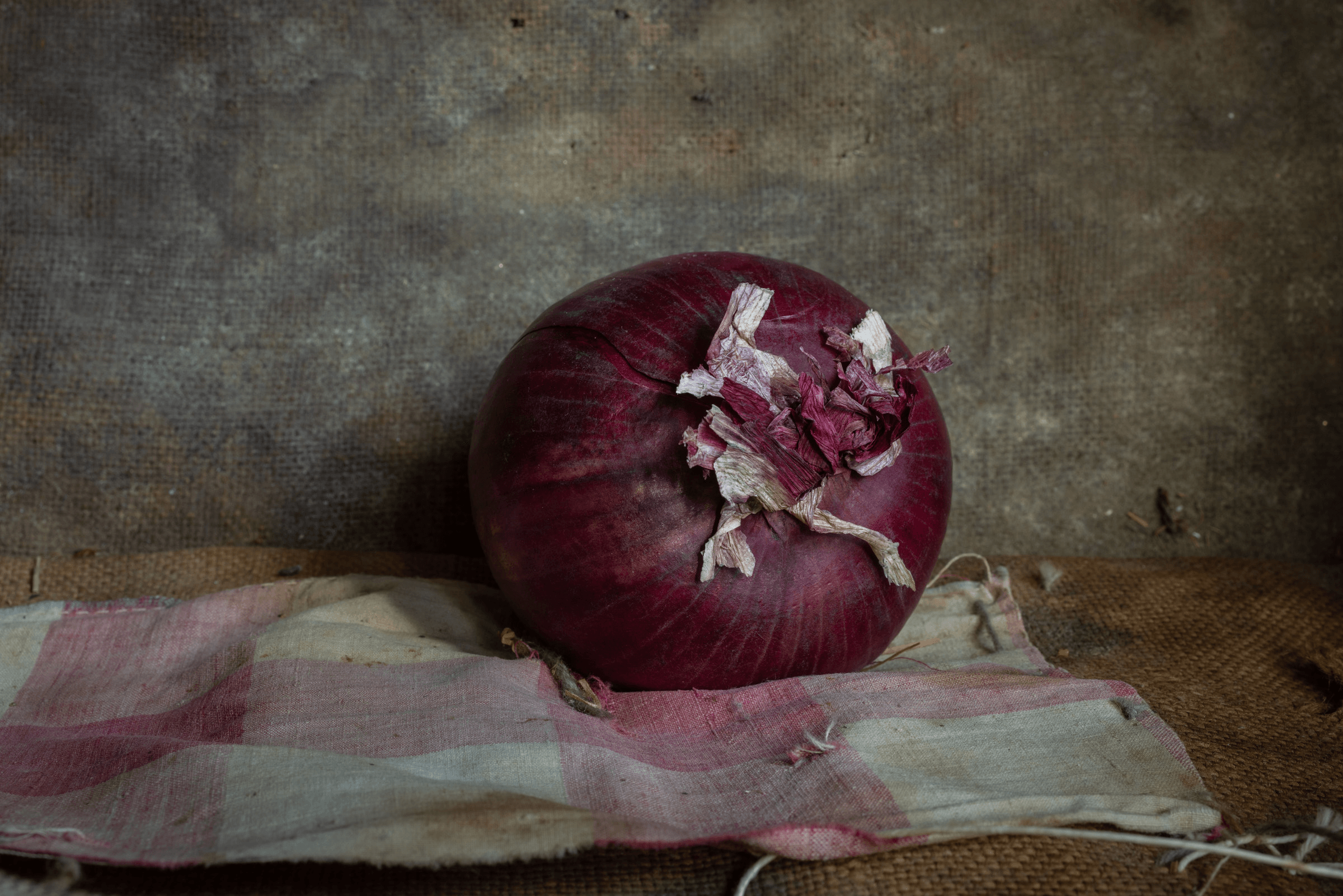
For you, what’s the most rewarding aspect of being a creative?
Everything in life has an impact on my work. This is the silver lining of an art practice. Even in the midst of something truly frustrating, challenging or upsetting I do know that in some way it will inform my art. Similarly, my wide ranging positive experiences feed my practice as well – time at museums, visits to historic homes, reading, travel, daily routines, relationships, conversation, work – all inform my work. What a gift to be able to digest and integrate one’s own experience.
I know you asked for one, but I must add that a hugely rewarding aspect of being an artists is the conversation about one’s work with others. Putting things out into the world and hearing how others respond and interpret your work is an expansive experience that never gets old!
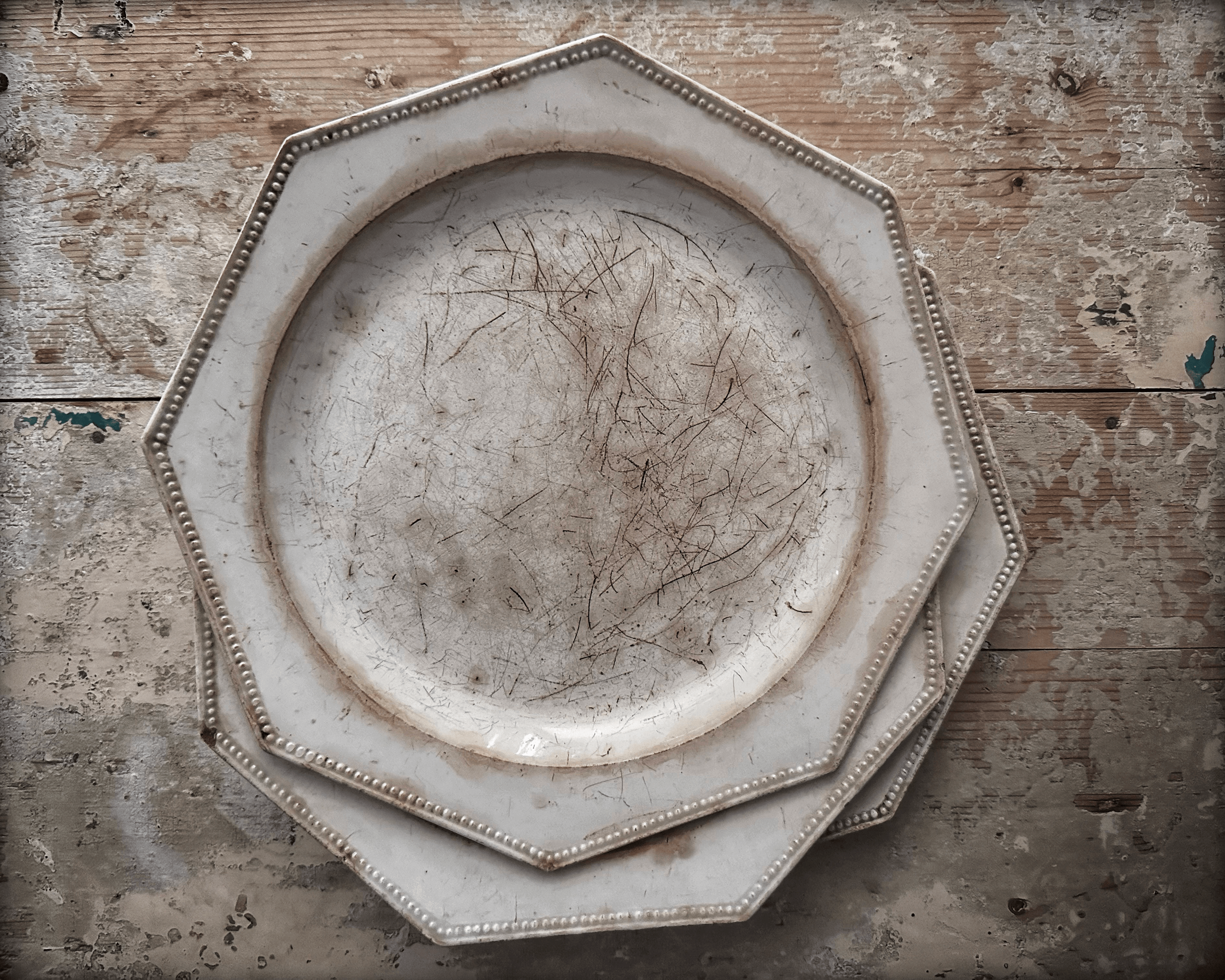
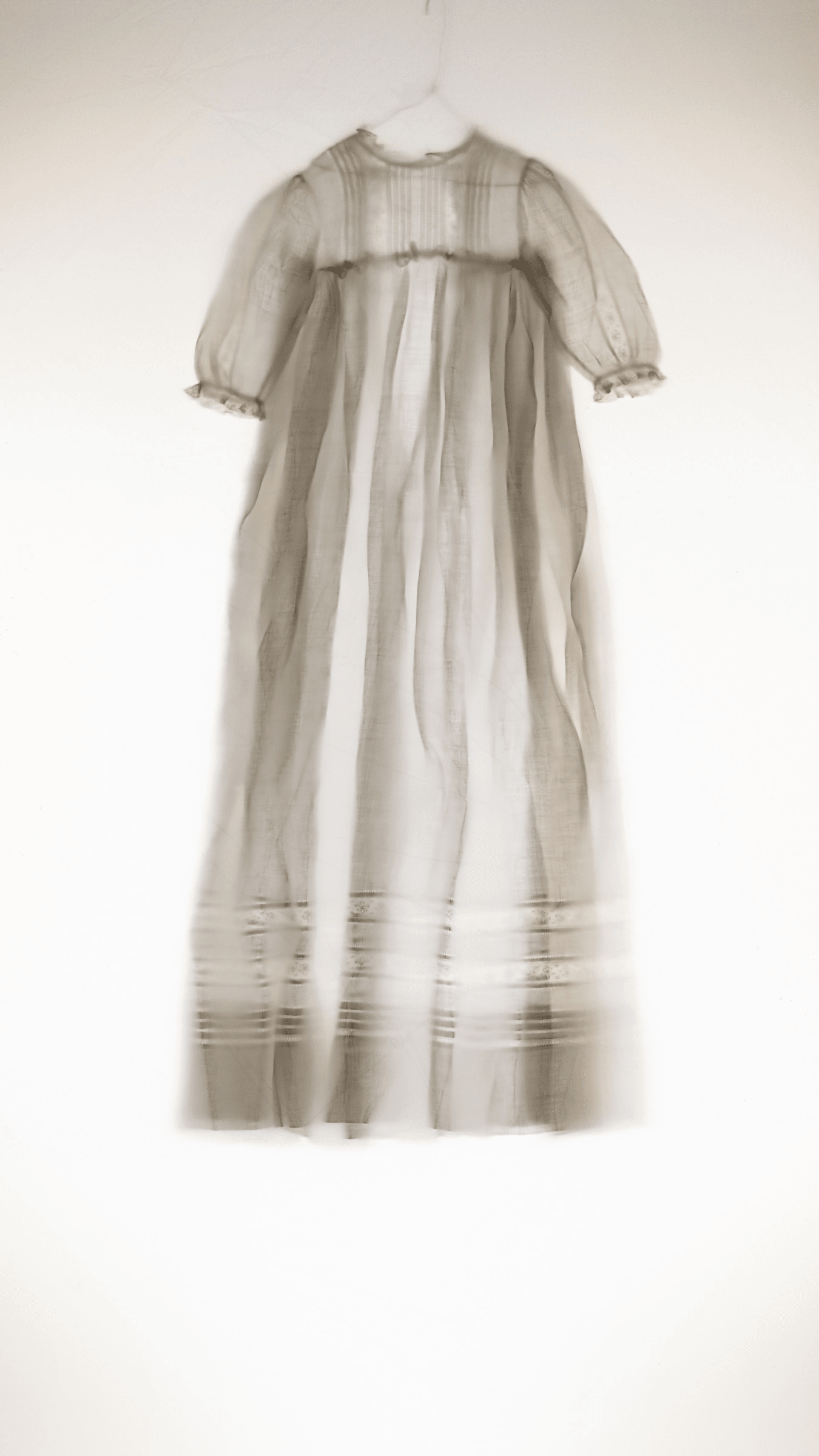
Looking back, are there any resources you wish you knew about earlier in your creative journey?
I wish I knew that you shouldn’t hesitate to talk to everyone. There are so many resources, if you go to an artist talk, go talk directly to the artist afterward. If you take a class, get to know your teacher. People love to talk about their work and are mostly quite generous with their time and knowledge – embrace it all, and then, eventually, give it back to others.
Contact Info:
- Website: https://leslielyman.com
- Instagram: @tattered.rose
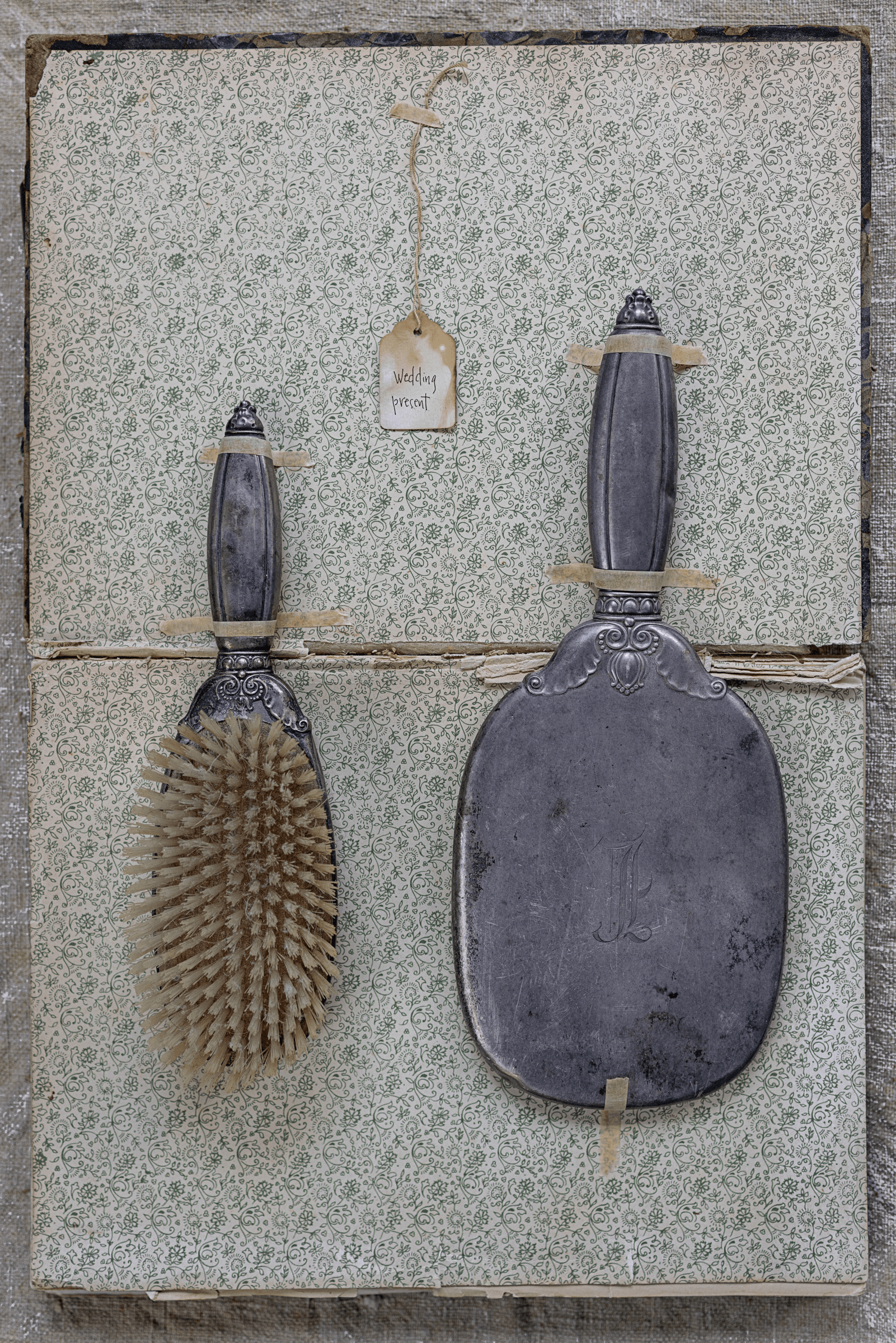
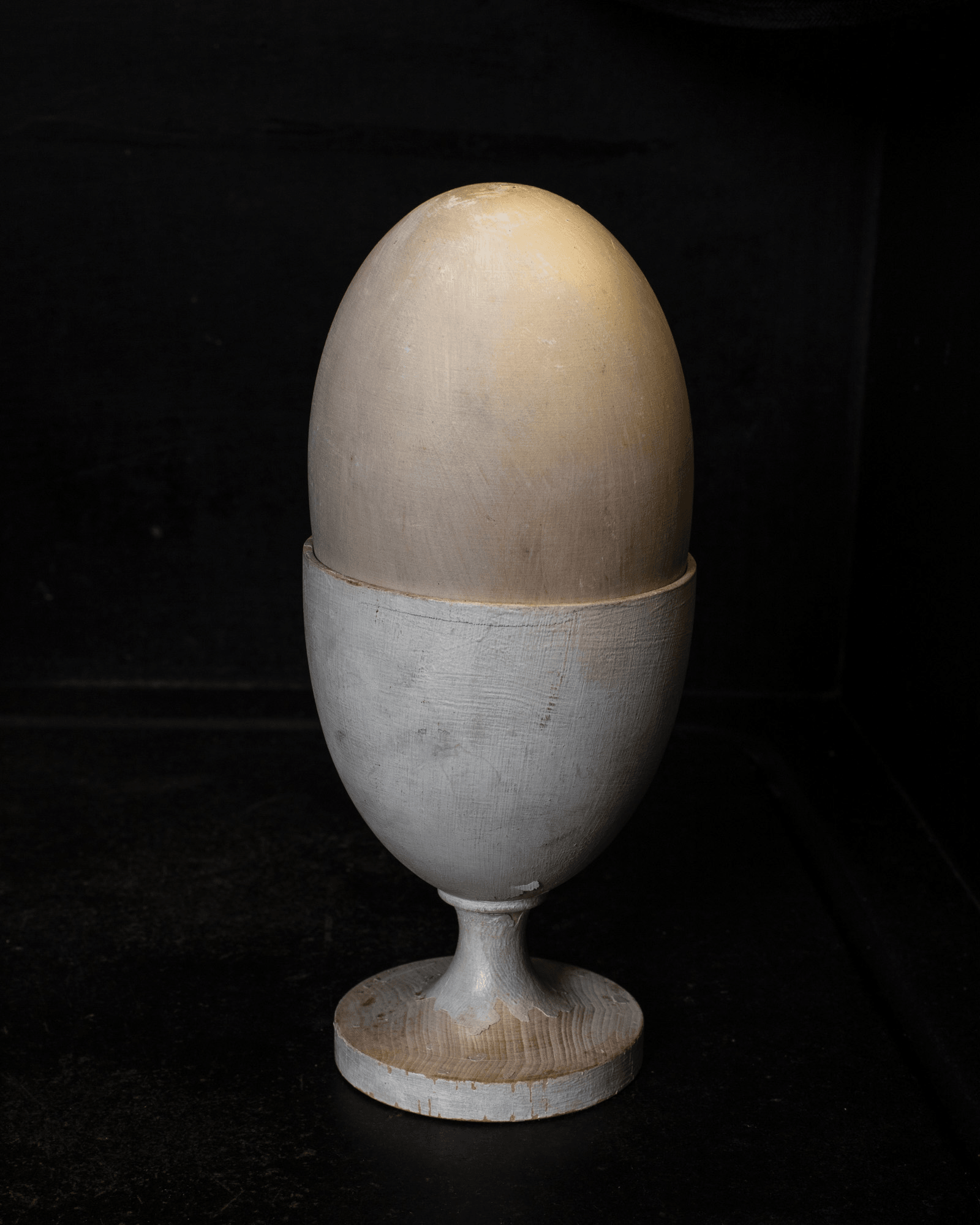
Image Credits
these are all my own photographs


